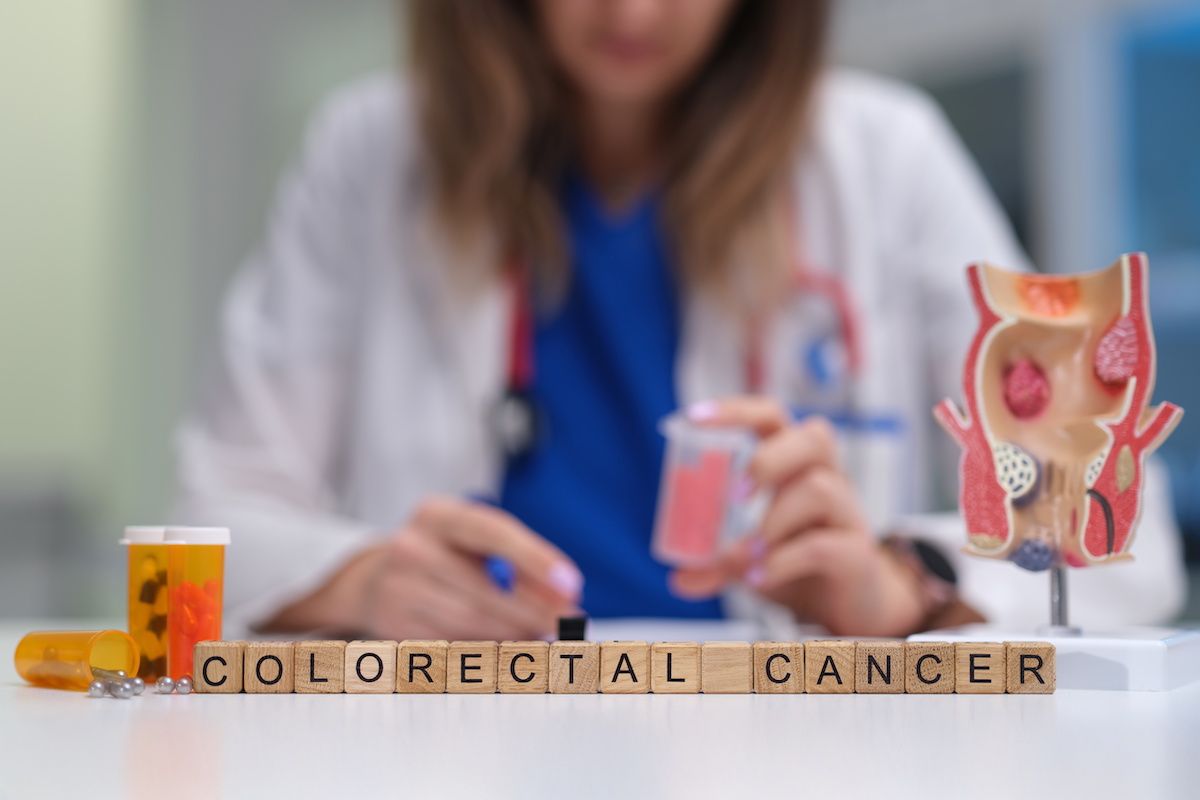- Bone Health
- Immunology
- Hematology
- Respiratory
- Dermatology
- Diabetes
- Gastroenterology
- Neurology
- Oncology
- Ophthalmology
- Rare Disease
- Rheumatology
Indian Study Finds Comparable Outcomes Between Reference, Biosimilar Bevacizumab in CRC
Real-world study reveals comparable effectiveness of bevacizumab biosimilars and Avastin in metastatic colorectal cancer (CRC), boosting clinician confidence.
A real-world study of patients with metastatic colorectal cancer (mCRC) suggested similar effectiveness between bevacizumab biosimilars and the reference product. The investigators said their results will help to build confidence in biosimilars for health care professionals using bevacizumab.
Image credit: H_Ko - stock.adobe.com

Bevacizumab, a monoclonal antibody targeting vascular endothelial growth factor A (VEGF-A), is “one of the mainstays” for managing mCRC, alongside chemotherapy. The reference product (Avastin) lost patent protection in India in 2016. Biosimilars have since become available, however, according to the authors, real-world evidence comparing outcomes to the originator remains “limited.”
The retrospective analysis included patients diagnosed with mCRC between 2017 and 2022 who received chemotherapy and bevacizumab at a single hospital in India. The primary endpoint was median progression-free survival (mPFS) of patients receiving bevacizumab during first-line treatment. Bevacizumab biosimilars included Bevacirel (Reliance Life Sciences), Bryxta (Zydus Cadila), and Versavo (Dr. Reddy's Laboratories).
Of the total 944 patients, 652 (69%) received bevacizumab during first-line therapy, 449 (48%) during second-line therapy, and 74 (8%) beyond second-line therapy. Most patients (810; 86%) were treated with biosimilars, and 132 (14%) were treated with the reference bevacizumab.
After a median follow-up of 18 months, mPFS was 10 months in patients receiving the originator and 9.3 months in those receiving biosimilars during first-line therapy, with no significant difference between groups (P = .62). There was also no difference between groups in median overall survival (mOS), which was 17.8 and 18 months (P = .85) for the originator and biosimilars. Similarly, among patients who received bevacizumab during second-line therapy, there was no significant difference between the reference product and biosimilars in mPFS (5.5 vs 5.8 month; P = .97) or mOS (8.2 vs 8.6 months; P = .16).
The incidence of complications related to bevacizumab, such as hypertension, fistula, and stroke, was not different between groups. Although there were more perforations among patients treated with biosimilars, the authors commented that this included tumor perforations.
In this study, similar progression-free and overall survival outcomes between the reference product and biosimilars were observed, “providing oncologists with greater confidence to use these molecules in their clinical practice,” the authors wrote.
Reference
Vaidyanathan A, Vana P, Joshi N, Sourav B, Bhargava P, John G, Ramaswamy A, Ostwal V. Real-world evidence for comparative outcomes between innovator and biosimilar bevacizumab in advanced colorectal cancers. South Asian J Cancer. 2025;13(4):296-299. doi:10.1055/s-0045-1804535
Newsletter
Where clinical, regulatory, and economic perspectives converge—sign up for Center for Biosimilars® emails to get expert insights on emerging treatment paradigms, biosimilar policy, and real-world outcomes that shape patient care.
